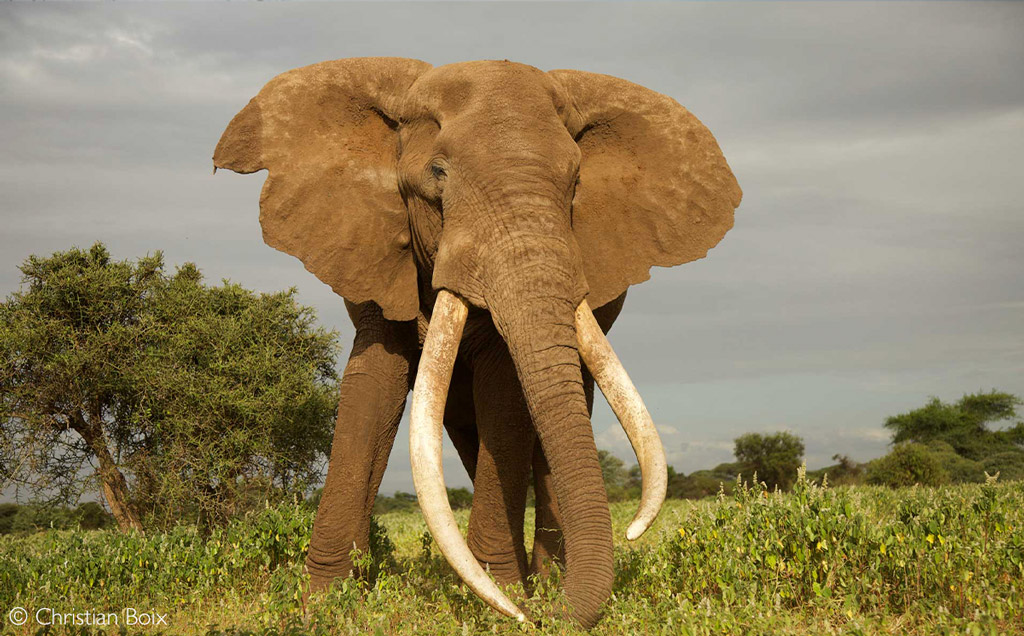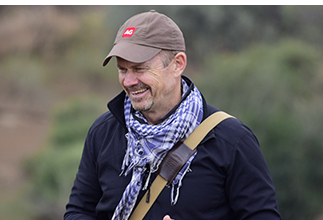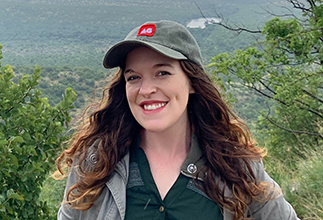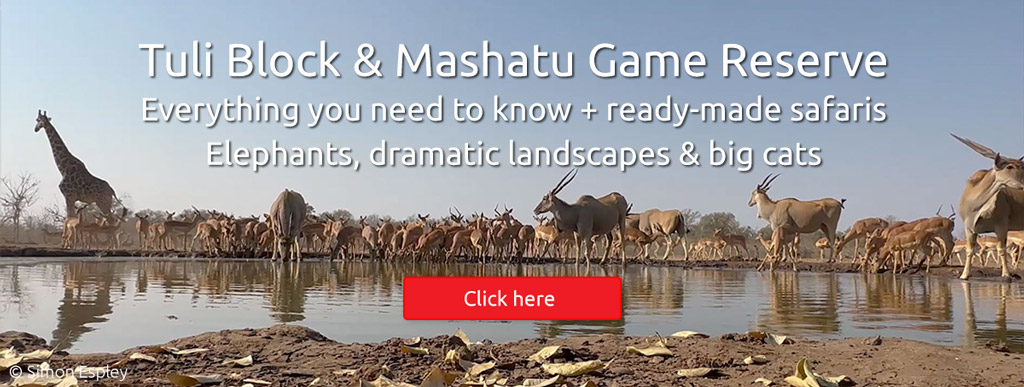
This is a copy of our weekly email newsletter. Subscribe here to receive the newsletter.
2 super tuskers hunted in Tanzania

Yet again a concerning trophy-hunting report interrupts and postpones what was going to be a celebratory editorial.
Our story below is just another example of how individuals within the trophy-hunting industry are focussed on removing the extraordinary but dwindling populations of genetically gifted individuals amongst our free-roaming wildlife.
To our ever-supportive AGtribe across the planet, please share this article far and wide. Sparking just one relevant decision-maker could generate enormous conservation benefits. Even the hunters amongst you know that this is wrong and that things have to change.
This is a shout out to other safari tourism brands and individuals to get involved – join us in identifying and calling out this destructive, immoral behaviour. Share the link below with influential people in your networks – you know who they are. Go beyond your corporate handcuffs; stick your head above the parapet and condemn the evil ones. Yes, you may suffer insults, threats and sanctions (we certainly do) – but your clients and followers will know what you stand for. You know what to do – just do it. Please.
Keep the passion

Simon Espley – CEO, Africa Geographic
From our Editor – Taryn van Jaarsveld

Elon Musk has again warned that Artificial Intelligence is a risk to humanity that could lead to civilisation destruction, and called for its regulation. Musk’s foreboding has us all questioning – will AI be used for good, or evil?
In the hands of the right people, it can work wonders. Did you know AI is helping conservationists manage ecosystems and protect endangered species?
In Congo-Brazzaville’s Nouabalé-Ndoki National Park, the Elephant Listening Project uses AI to sift through the noise in a tropical rainforest to identify forest elephant calls – enhancing tracking and security. Peace Park’s Foundation uses AI for autonomous poacher detection in South Africa’s Hluhluwe-iMfolozi, while Save the Elephants uses the tech to alert rangers when elephants have slowed down or stopped moving.
Analysing masses of data on animal behaviour and habitat condition is the perfect job for AI – simplifying tasks that would take humans years. In the right hands, AI combats biodiversity loss, monitors ecosystems and identify trends – streamlining conservation efforts.
Happy celebrating Africa!

Story 1
https://africageographic.com/stories/trophy-hunted-two-super-tuskers-in-tanzania/
TROPHY HUNTED
Two 100-pounder elephants have been hunted in Tanzania – raising questions about the targeting of Amboseli’s last super tuskers
Story 2
https://africageographic.com/stories/how-giraffes-choose-their-besties/
GIRAFFE BESTIES
Do giraffes choose social groups based on appearance? A recent study investigates if giraffes form bonds based on spot shape
 TRAVEL DESK:
TRAVEL DESK:
Art Safari with Alison Nicholls – Timbavati – 7 days/6 nights – from ZAR 67,315 pps
Whether you are a passionate beginner or a seasoned creator, this unique art safari offers the chance to hone your skills with professional wildlife artist Alison Nicholls. Soak up the atmosphere of the Big-5 Timbavati Private Nature Reserve in the Greater Kruger, South Africa and channel it into artistry. 21-27 September 2024 – only 3 spots left! Or, get in touch with our travel experts to plan your 2024 safari.

Want to make your mark for wildlife conservation in 2024?
Consider lending your support to our Collar a Lion and Save a Pangolin campaigns. These key species and the experts tirelessly protecting them need our help to make an impact on their long-term survival.
Why do these projects need your support?
- The African lion is a vulnerable species – their population has decreased by 75% in just five decades. Any donation – large or small – will help finance collars and support this critical conservation project.
- Your donation will help shift the scales in favour of these pangolins – it will provide the funds to deal with the seasonal influx of these precious creatures – the world’s most trafficked animal.

 WATCH: Our safari experts view January and February as the months to experience the calving season for wildebeest in Maasai Mara, and predator action in Kruger. The weather is fine on East Africa’s paradise islands, and clear skies make for excellent gorilla trekking. Here’s what’s on offer for your January and February safaris. (01:30) Click here to watch
WATCH: Our safari experts view January and February as the months to experience the calving season for wildebeest in Maasai Mara, and predator action in Kruger. The weather is fine on East Africa’s paradise islands, and clear skies make for excellent gorilla trekking. Here’s what’s on offer for your January and February safaris. (01:30) Click here to watch
For more videos celebrating Africa, check out our videos here
To comment on this story: Login (or sign up) to our app here - it's a troll-free safe place 🙂.![]()






